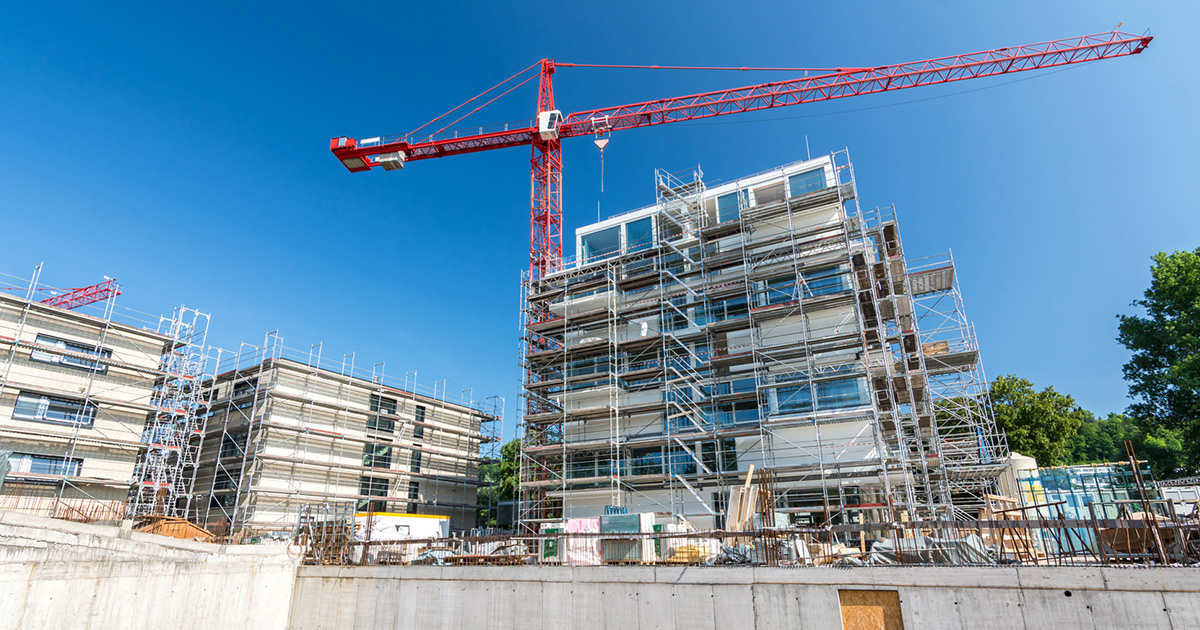Scientific and technical programs Economy & Uses

Credits: Fotolia
The CSTB guides the government in developing and assessing public policy in the construction sector. It is also looking to develop related economic forecasting indicators. At the same time, it provides support to market stakeholders to foster the life-cycle cost approach to project management.
The CSTB helps shape public policy on construction so that economic aspects can be integrated into regulatory requirements, early in the process. The support of the CSTB enables the public authorities to ensure the economic and financial sustainability of proposed regulations. This benefits all stakeholders of the construction industry: from project managers and contractors to project owners.
With this goal in mind, the CSTB has developed a life-cycle costing analysis method to assess projects against the requirements of the Energy-Carbon Accreditation. This accreditation prefigures future Energy & Environment regulations for new buildings. The CSTB has defined economic indicators that include all additional costs and savings generated at each stage of the building's life cycle. Indeed, a heavy investment made for the sake of quality at the beginning of a project can be offset by lower management costs over the long term.
To contribute to the assessment of public policies, for example on improving the energy performance of the residential sector, the CSTB has developed specific methods and solutions. They are capable of representing the housing stock in France and modeling the behavior of households in order to understand which factors determine their energy expenses.
- Thanks to its expertise, the CSTB now aims to guide private stakeholders in two priority areas:
- developing the life-cycle cost approach by applying this model to areas other than energy, i.e. the environment, health, etc.
- developing economic forecasting models of the construction sector's activity, both for the industry as a whole and for each segment.




